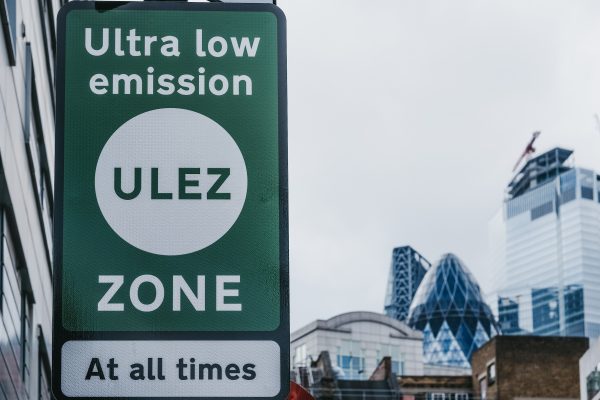There is a multitude of vehicles available for sale across the UK, and a multitude of uses for them. Every customer is looking for something a little different from their purchase.
Whether the sale is business or consumer, the vehicles must be of satisfactory quality, fit for purpose and as described when sold.
Many vehicles are simply for road use, but some are not, which is where caution is needed.
By modifying a vehicle, its characteristics change, and sometimes that means it is no longer the vehicle you thought it was.
It might be a new exhaust without catalytic converters, or an extra-loud exhaust. It might be a remapped ECU that bypasses fundamental functions such as the AdBlue system.
Any of these things could make the vehicle illegal for road use.
If that is the case, the vehicle must be advertised as not road legal, and the advert needs to explain why.
I understand that many finance companies will not offer finance for a vehicle that is not road legal, and that puts the trader in a quandary: how to offer the vehicle to the widest range of potential customers to secure a sale at a good rate.
It is tempting to advertise it as a road-going vehicle to maximise the sales pool, but this can mean that if there is a fault, even if unrelated to the modification, the vehicle is by its nature unroadworthy, and the customer can reject it or insist on a repair to make it roadworthy.
So even if you bought it from somebody and assumed it was roadworthy, you can still be liable for the sins of the father and have to rectify matters.

One of the largest independent specialist motor trade brokers in the UK. Our extensive history of supplying insurance to the motor trade means we understand your business needs. By partnering with a specialist insurance broker like us, you get exactly what you need to protect your business.
If you are unsure at all, call our legal team at Lawgistics for tailored advice. Our telephone helpline and casework service can help you assess adverts and obligations before sale.








